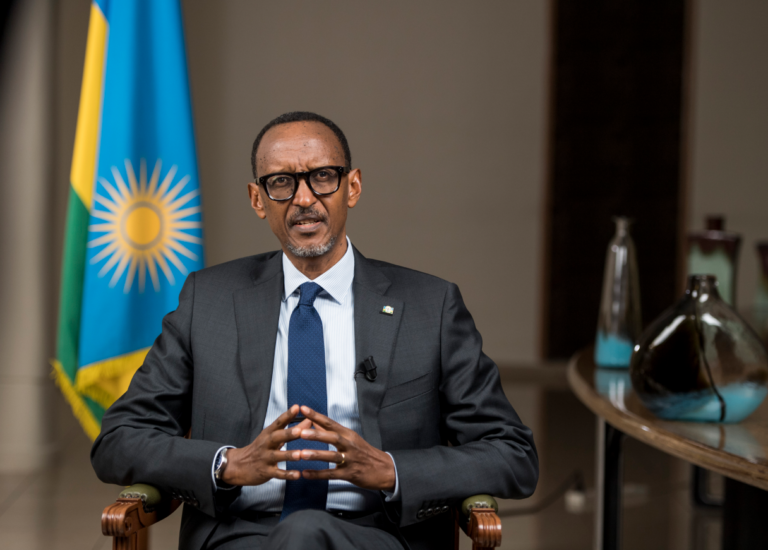On Sunday, Rwanda’s President Paul Kagame was sworn in for his fourth term after winning a landslide victory in last month’s elections, securing over 99% of the vote. The inauguration ceremony, held at a packed 45,000-seat stadium in Kigali, was attended by several dozen African heads of state and dignitaries.
Kagame, who has led Rwanda since the 1994 genocide, took the oath of office before Chief Justice Faustin Ntezilyayo, pledging to “preserve peace and national sovereignty” and to “consolidate national unity.” His overwhelming victory, with 99.18% of the vote, highlights the iron grip he holds on the nation, though rights activists criticize the lack of democratic processes in Rwanda.
Only two candidates were allowed to run against Kagame, with the leader of the Democratic Green Party, Frank Habineza, securing just 0.5% of the vote. The outcome has been seen as a reminder of the restricted political space in Rwanda, where critics allege Kagame’s government rules through fear and repression.
Despite the criticism, Kagame is credited with transforming Rwanda from the devastation of the genocide into a nation known for stability and economic growth. However, his administration faces accusations of stoking instability in the Democratic Republic of Congo (DRC) by allegedly backing the M23 rebel group.
Kagame’s latest term follows controversial 2015 constitutional amendments that shortened presidential terms but reset the term limit clock, allowing him to potentially remain in power until 2034.
